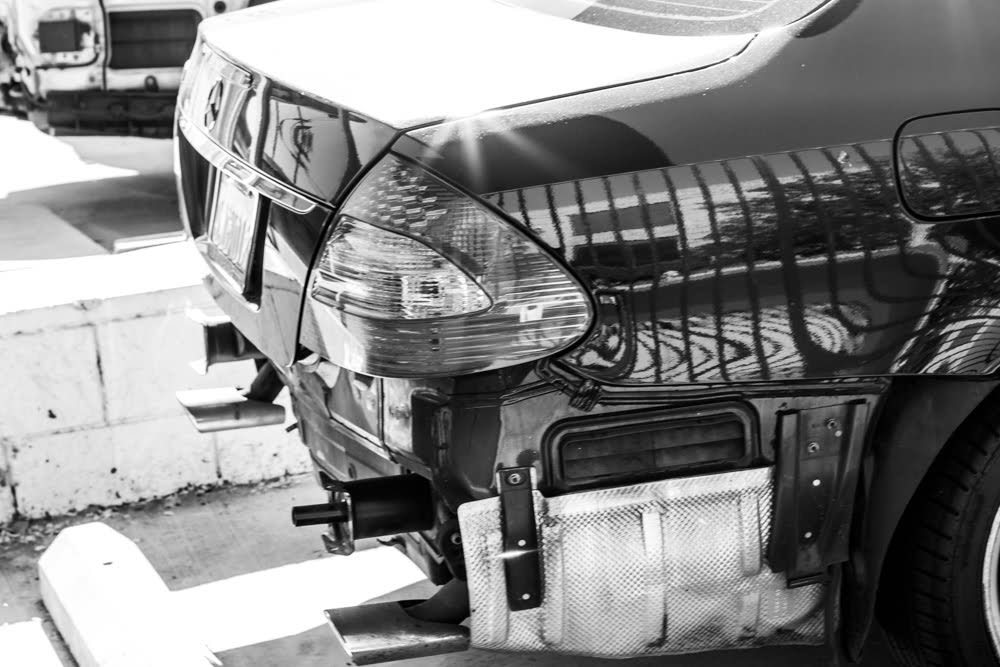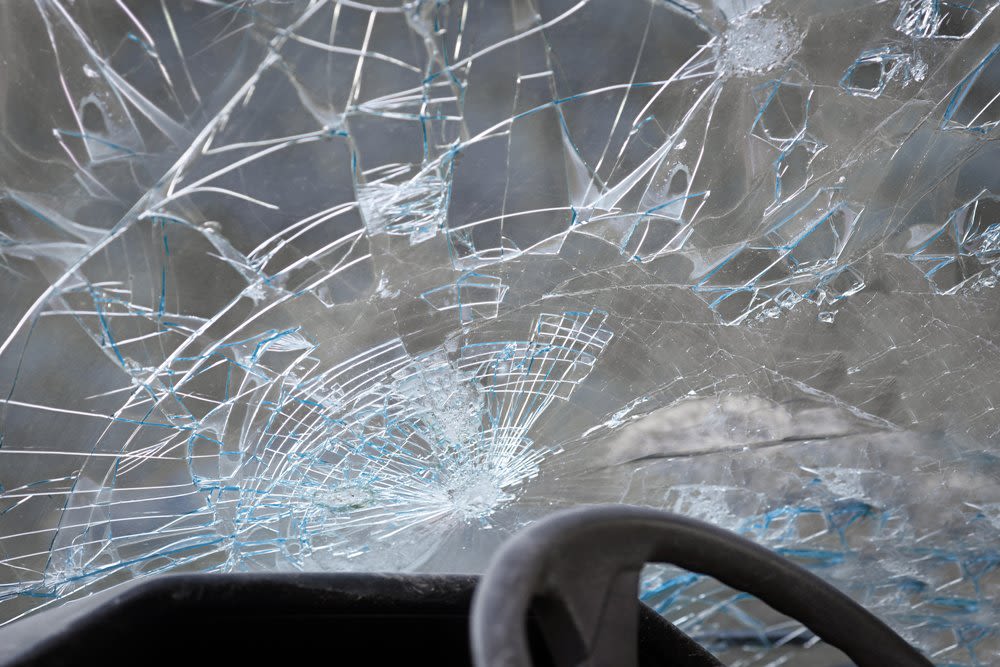
Injuries caused by defective products can be life-altering. These injuries can cause serious pain, mounting medical bills, time away from work, and more. As personal injury lawyers, one of the most common questions we hear from clients in these situations is: Who is legally responsible when a defective product causes injury?
At Harrell & Paulson in Kaufman, Texas, we’re committed to helping clients when a defective product causes them to become injured. Here, we’ll break down the different types of product defects, explain who might be held liable, and discuss how a personal injury claim can help you seek justice for your situation.
What Are the Basics of Product Liability Law?
“Product liability” refers to the area of law that governs who is responsible when a defective product causes harm. In most states, including Texas, product liability falls under strict liability, meaning the injured person doesn’t necessarily have to prove that someone was negligent - only that the product was defective and that the defect caused injury.
However, other legal theories can also come into play, such as negligence or breach of warranty. Our personal injury lawyers can evaluate the details of your case and determine the most effective legal path to pursue. Contact our firm to get started working on your personal injury claim for a defective product accident.
What Are the Three Main Types of Product Defects?
To determine liability, it’s important to first identify the type of defect involved. When you’ve been injured by a defective product, it’s important to consult with a qualified personal injury lawyer, like one of our attorneys at Harrell & Paulson, to determine what course of action should be taken. We’ll consider that product defects generally fall into three categories:
1. Design defects: A design defect is a flaw in the original blueprint of the product, meaning that even when manufactured correctly, the product is inherently dangerous.
For example, a ladder designed with legs that are too narrow to support a person’s weight safely, even though it’s built exactly as designed. If the injury resulted from a design defect, the focus will be on whether there was a safer, economically feasible alternative design that the manufacturer failed to consider.
2. Manufacturing defects: A manufacturing defect occurs when the product’s design is safe, but something goes wrong during the production process that makes the individual item dangerous.
For example, a batch of tires with a defectively molded tread that causes blowouts. In these cases, the injury must be linked to a specific manufacturing error rather than the overall design.
3. Marketing defects (failure to warn): Sometimes, a product is inherently dangerous, but those dangers can be mitigated if the user is properly warned. A marketing defect, or a “failure to warn,” involves inadequate instructions or missing warnings about potential risks.
For example, a medication that fails to include side effect warnings that are known to the manufacturer. When marketing defects are involved, the case often centers around whether the warning was clear, visible, and sufficient to inform an average user of the risks.
Considering the type of product defect that led to your personal injury claim is essential for our lawyers to determine the next steps we’ll take to seek justice for the situation. This is a vital first step in planning your case and can help set the trajectory for how the claim will play out in the justice system. Working with an experienced lawyer, such as Harrell & Paulson, is vital.
Who Can Be Held Liable for a Defective Product?
In a product liability case, several parties involved in the product’s chain of distribution can be held responsible. Our personal injury lawyers will investigate the entire supply chain to identify all potentially liable parties. This is an important step when seeking to hold the correct party responsible for your injuries and the resulting fallout.
Manufacturers
The most obvious party is the manufacturer. This refers to the company that designed or assembled the product. This can be a large multinational corporation or a small business that produces limited batches. In design or manufacturing defect cases, the manufacturer is typically the primary defendant.
Distributors and Wholesalers
Parties involved in moving the product from the manufacturer to the retailer may be liable as well. This includes importers, wholesalers, and distributors. Even if they didn’t alter the product in any way, they can be held strictly liable under product liability law. Our personal injury lawyers can help investigate if this is the case for your injury claim.
Retailers
Retailers can also be named in a product liability lawsuit. While they didn’t manufacture the product, they played a role in making it available to consumers. Retailers have a duty to sell safe products and can be liable if:
They knew or should have known the product was defective.
They failed to remove recalled items from their shelves.
They didn’t provide necessary warnings or instructions.
Even online marketplaces may bear responsibility, depending on the specific circumstances and jurisdiction. Reviewing these details can take time, and at Harrell & Paulson, our attorneys are committed to helping our clients by considering these details and more. To get started working with us, contact our firm as soon as possible after an injury takes place.
Product Designers or Engineers
In some cases, the individuals or firms responsible for designing the product - especially if they’re separate from the manufacturer - may also be held accountable. This is especially relevant in design defect claims. Our law firm can help you determine if these individuals or firms are responsible when it comes to your specific injury claim.
When seeking compensation for a personal injury claim related to a defective product, investigating who may be responsible for the situation is part of what your personal injury lawyer will accomplish when working on your case. If you have questions about this part of the process, please contact our firm at Harrell & Paulson.
How Can a Personal Injury Lawyer Help Your Case?
If you’ve been injured by a defective product, hiring a personal injury lawyer is one of the most important steps you can take. Working with a law firm that has extensive experience working on these types of cases is important. At Harrell & Paulson, our lawyers have worked on many such cases. Here’s how we can help with your specific personal injury case:
1. Case Evaluation
Our skilled attorneys will review the details of your injury, the product involved, and how it was used to determine if you have a viable claim. This includes evaluating medical records, product information, and witness statements.
2. Investigation and Skilled Analysis
Product liability cases often require technical investigation. Our lawyers work with engineers who can analyze the product design, manufacturing professionals who can identify production errors, and medical professionals who can connect your injuries to the defect. This testimony is crucial for building a compelling case.
3. Identifying Liable Parties
Tracing the product’s path from creation to consumer allows our lawyers to identify all potentially responsible parties. This increases the chances of full compensation, especially if some companies no longer exist or are insolvent.
4. Pursuing Compensation
Our lawyers will handle all communication with the responsible parties and their insurance companies. We’ll work to recover compensation for medical expenses (current and future), lost wages and earning capacity, pain and suffering, disability or disfigurement, and property damage (if applicable).
5. Litigation, if Necessary
If the responsible parties refuse to offer a fair settlement, our lawyers can take the case to court. This involves filing a lawsuit, conducting discovery, and presenting evidence before a judge or jury. A well-prepared legal firm is crucial at this stage, and our lawyers are up for the challenge.
Speak With Our Personal Injury Law Firm Today
When you buy a product, you have the right to expect that it’s safe for its intended use. Companies have a legal and moral obligation to offer products that won’t put consumers at risk. If they fail in that duty, they should be held accountable. At Harrell & Paulson, we provide legal representation in Kaufman, Texas; Forney, Texas; Terrell, Texas; and Rockwall, Texas. Contact us today to start working with us on your personal injury claim.



